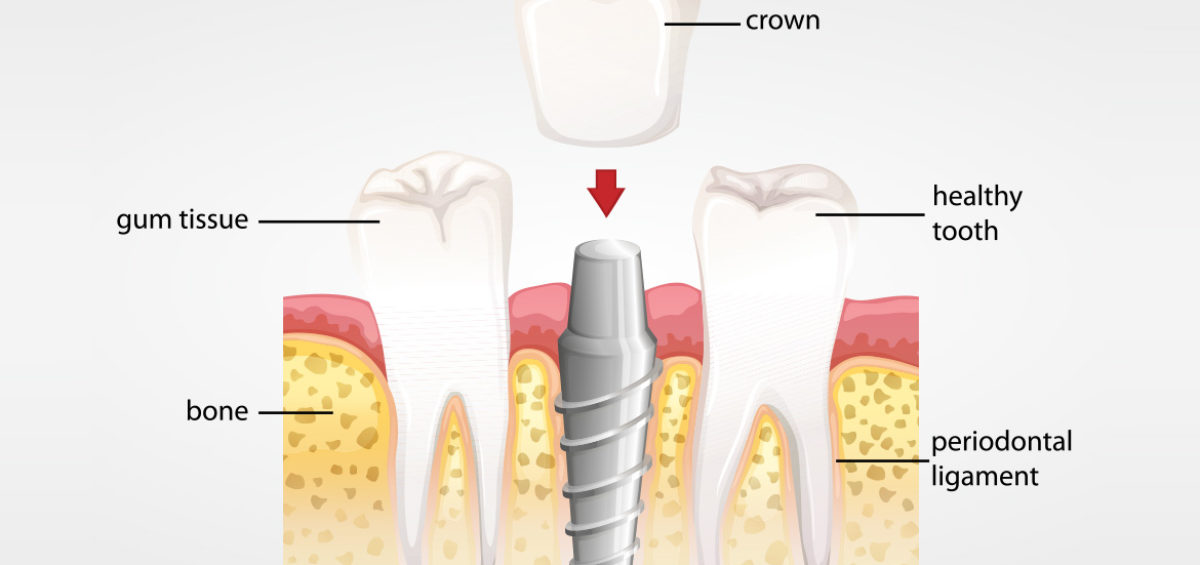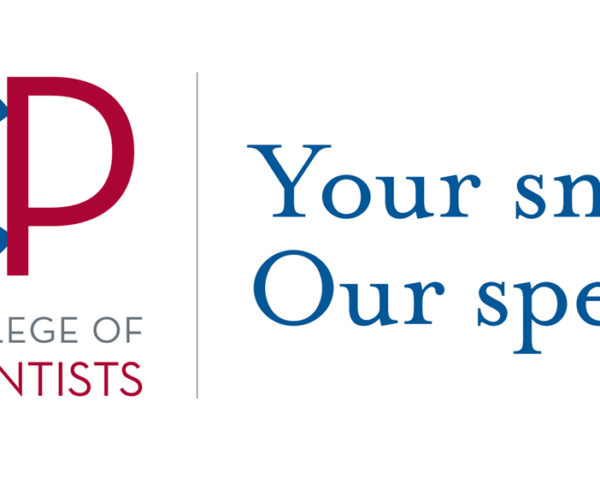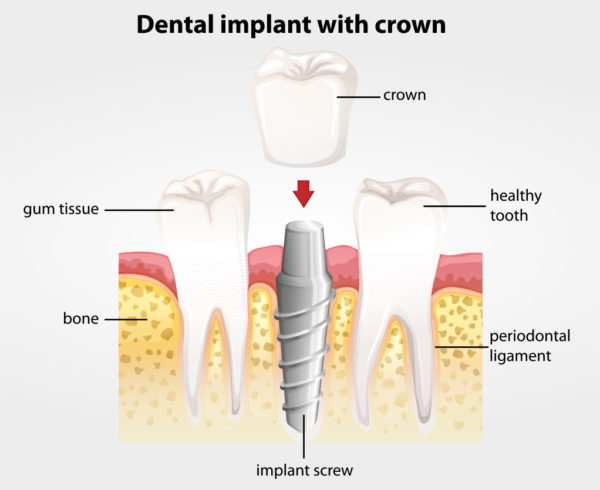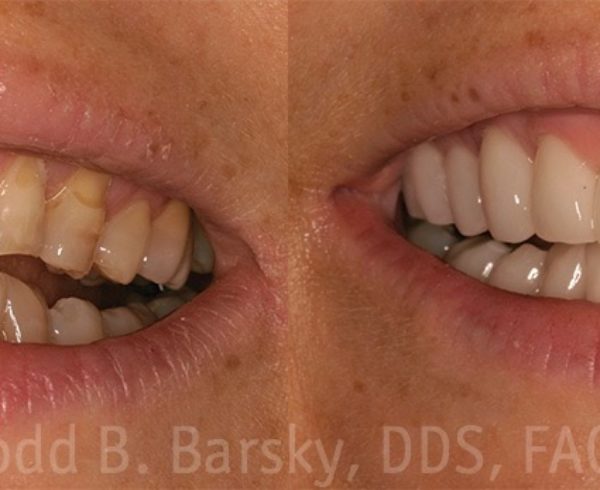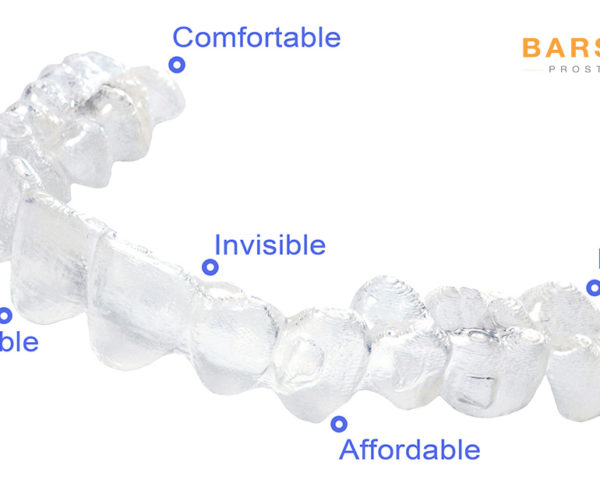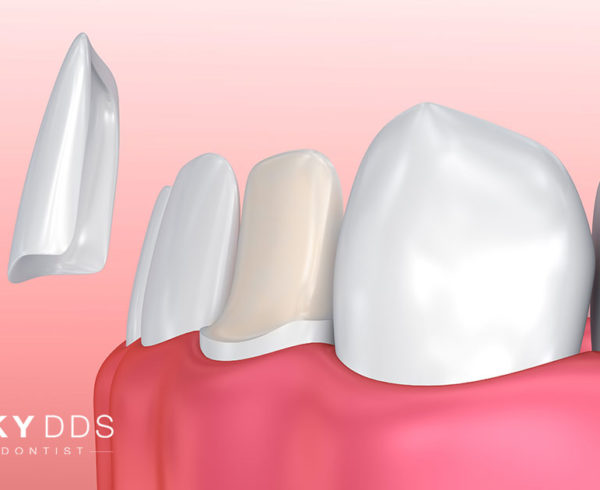Using a bone-creating protein to augment the maxillary sinus could improve dental implant success, according to researchers.
According to the American Association of Oral and Maxillofacial Surgeons, 69 percent of adults ages 35-44 have lost at least one tooth due to decay, disease or trauma, and 26 percent of adults have lost all permanent teeth by age 74. Before dental implants were available, the only options for replacing these missing teeth were dentures and dental bridges, both of which could lead to further bone loss. Implants provide patients with numerous benefits, including improved oral health, appearance, speech, convenience, durability and ability to eat.
Bone-thinning is a common cause and consequence following tooth loss. Board-certified prosthodontist, Dr. Todd Barsky advises “Dental implants, will not last if the bone in which they are anchored is too thin.” The current favored solution is to supplement the area with bone grafts to stabilize the implant base.

